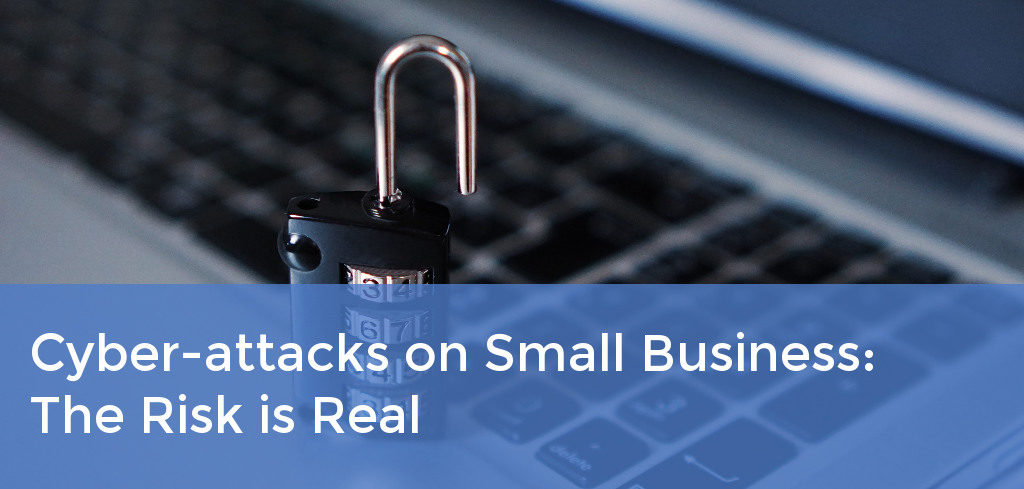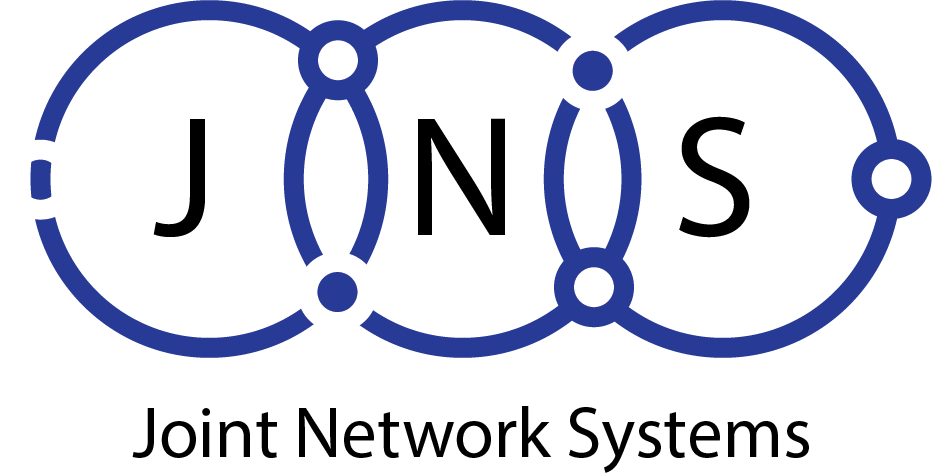
From time to time you hear well-publicized attacks that raised questions about how this could happen to these well-known companies. What does this mean for even for the security of small businesses and websites? Can it happen to my small business? Many businesses start to ask themselves these questions and then actually never do anything about it until something gets compromised.
With so much information going back and forth how can you really totally prevent organizations from sharing customer data or information about you, such as your name, address, phone number and email address, between themselves. It is an endless honey-pot for hackers on the web. For you techies – I am talking about a Honey Pot in the most typical way. Not that other HoneyPot.
The short answer to this question is “nothing,” but the same can happen to your business website if it is not updated regularly with software changes called patches. So records of email addresses, telephone numbers and other information can be sent to the dark web where private data is for sale. Essentially, where your information, or your customer’s data information is compromised.
So you think you are not a target?
The good news is that websites run by small businesses and organizations fly under the radar and are rarely targeted. But this doesn’t mean you should let your guard down, especially as a smaller company that might integrate with other larger companies through APIs or other form of data integration. Although larger companies will most recently have their own fences and nets in place which are are constantly being monitored, that doesn’t mean your business is protected. In fact, how embarrassing can it be if your customer is notifying you something malicious is coming from your network. That would be bad.
Today small businesses do not necessarily need to spend tens of thousands of dollars on their cybersecurity plans like back in the day. SMBs have the ability to purchase the same level of enterprise security normally afforded by bigger businesses, just with much less throughput. This is fine, as your small business does not have the same level of use (traffic) as a large enterprise with hundred or even thousands of end-users.
Sample Attack
One latest attack compromised the security of a network registry, but don’t worry too much, as it is far more than your average password hack. Basically, the attacker was able to modify the DNS entries in the registry directory. Of course, you need to backup all web page files managed by your registrars.
What is particularly shocking is that the registrars behind this attack have a solid reputation for cybersecurity, according to a recent report by a top security firm.
This will probably cause additional costs, and not all domain registrars have these available, but if so, what else can you do? If someone manually manually makes it past the registrar without intervening, he can make it through his lock – in.
Ask your registrar to block IP addresses – dependent logins that require two factors – and restrict access to your account to locations with specific IP addresses. While these extra security measures limit your ability to easily switch accounts and access files from a remote location, it’s worth paying for them.
About Us
Our cybersecurity services are positioned as an umbrella of various services and solutions to help your business get the upmost protection. We can help in various areas such as threat and/or vulnerability management, penetration testing and managed security services. Our solutions can be tailored around your budget so that we can focus on what is really the most critical. We partner with various companies that have cybersecurity product and our IT Services team is experienced in getting them implemented within your environment.
1100 Brickell Bay Drive
Miami Florida 33231
Tel: 866-JNS-NETS
www.jointnetworks.com



From time to time you hear well-publicized attacks that raised questions about how this could happen to these well-known companies. What does this mean for even for the security of small businesses and websites? Can it happen to my small business? Many businesses start to ask themselves these questions and then actually never do anything about it until something gets compromised.
With so much information going back and forth how can you really totally prevent organizations from sharing customer data or information about you, such as your name, address, phone number and email address, between themselves. It is an endless honey-pot for hackers on the web. For you techies – I am talking about a Honey Pot in the most typical way. Not that other HoneyPot.
The short answer to this question is “nothing,” but the same can happen to your business website if it is not updated regularly with software changes called patches. So records of email addresses, telephone numbers and other information can be sent to the dark web where private data is for sale. Essentially, where your information, or your customer’s data information is compromised.
So you think you are not a target?
The good news is that websites run by small businesses and organizations fly under the radar and are rarely targeted. But this doesn’t mean you should let your guard down, especially as a smaller company that might integrate with other larger companies through APIs or other form of data integration. Although larger companies will most recently have their own fences and nets in place which are are constantly being monitored, that doesn’t mean your business is protected. In fact, how embarrassing can it be if your customer is notifying you something malicious is coming from your network. That would be bad.
Today small businesses do not necessarily need to spend tens of thousands of dollars on their cybersecurity plans like back in the day. SMBs have the ability to purchase the same level of enterprise security normally afforded by bigger businesses, just with much less throughput. This is fine, as your small business does not have the same level of use (traffic) as a large enterprise with hundred or even thousands of end-users.
Sample Attack
One latest attack compromised the security of a network registry, but don’t worry too much, as it is far more than your average password hack. Basically, the attacker was able to modify the DNS entries in the registry directory. Of course, you need to backup all web page files managed by your registrars.
What is particularly shocking is that the registrars behind this attack have a solid reputation for cybersecurity, according to a recent report by a top security firm.
This will probably cause additional costs, and not all domain registrars have these available, but if so, what else can you do? If someone manually manually makes it past the registrar without intervening, he can make it through his lock – in.
Ask your registrar to block IP addresses – dependent logins that require two factors – and restrict access to your account to locations with specific IP addresses. While these extra security measures limit your ability to easily switch accounts and access files from a remote location, it’s worth paying for them.
About Us
Our cybersecurity services are positioned as an umbrella of various services and solutions to help your business get the upmost protection. We can help in various areas such as threat and/or vulnerability management, penetration testing and managed security services. Our solutions can be tailored around your budget so that we can focus on what is really the most critical. We partner with various companies that have cybersecurity product and our IT Services team is experienced in getting them implemented within your environment.
1100 Brickell Bay Drive
Miami Florida 33231
Tel: 866-JNS-NETS
www.jointnetworks.com


